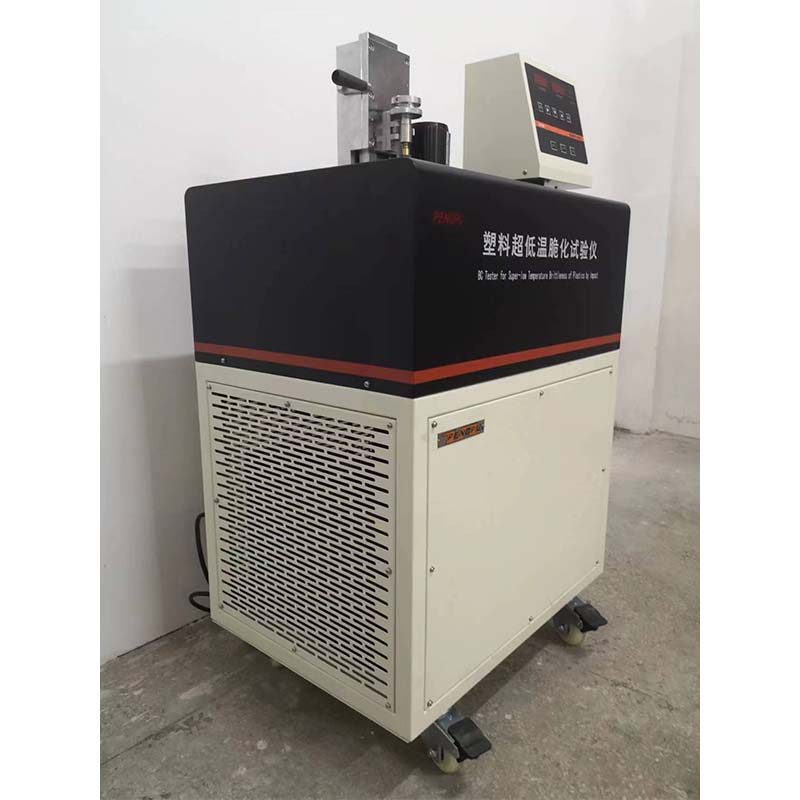standard resistance tester
Understanding Standard Resistance Testers Essential Tools for Electrical Measurements
In the realm of electrical engineering and maintenance, ensuring the reliability and safety of electrical installations is paramount. One of the fundamental tests performed to achieve this is resistance testing, which measures the resistance of various electrical components. This is where standard resistance testers come into play. These devices are crucial for accurately assessing resistance levels in conductors, equipment, and systems, ensuring they operate within safe and effective parameters.
What is a Standard Resistance Tester?
A standard resistance tester is a specialized instrument designed to measure the electrical resistance of conductors and electronic components. It typically includes features that allow for both low-resistance and high-resistance measurements, making it versatile for various applications. The device works by applying a known voltage to a test sample and measuring the resulting current flow to calculate resistance using Ohm’s Law (Resistance = Voltage / Current).
Types of Resistance Testers
There are several types of resistance testers, each suited for different applications
1. Low-Resistance Testers These testers apply a higher current to measure resistance usually in milliohms. They are commonly used in applications like testing grounding systems, circuit breakers, and connections to ensure they are low-resistance for safety and performance.
2. High-Resistance Testers Also known as megohmmeters or insulation resistance testers, these instruments apply a much higher voltage to measure insulation resistance in cables, motors, and transformers. They help identify insulation deterioration which can lead to short circuits or equipment failure.
3. Micro-ohmmeters These are advanced low-resistance testers that measure resistance with high precision, often used in laboratory settings or for power generation equipment to ensure optimal connections.
Key Features of Standard Resistance Testers
When selecting a resistance tester, several features should be considered
- Accuracy and Range The precision of measurements is critical, especially in high-stakes environments. The tester should have a wide measurement range and low uncertainty to ensure reliability.
standard resistance tester

- Calibration Regular calibration of the resistance tester is essential to maintain accuracy. Many modern testers can be calibrated easily with external standards.
- Data Logging Some advanced resistance testers come equipped with data logging capabilities, allowing users to store measurement data for review and analysis, which is particularly useful for compliance and quality assurance.
- User Interface A clear, intuitive display with easy navigation enhances user experience and efficiency during testing.
- Safety Features Safety is paramount when dealing with electrical equipment. Features such as automatic shutdown, over-voltage protection, and insulation monitoring are essential to prevent accidents.
Applications of Standard Resistance Testers
Standard resistance testers are used across various industries
- Electrical Utilities For testing transformers, switchgear, and other equipment to ensure they operate within prescribed resistance limits.
- Manufacturing In production lines that require rigorous testing of electronic components and circuit boards.
- Telecommunications Ensuring that connections in telecommunication infrastructure maintain low-resistance levels to prevent signal degradation.
- Maintenance and Repairs Service technicians commonly use these testers to troubleshoot and diagnose faults in electrical equipment.
Conclusion
Standard resistance testers are indispensable tools within the field of electrical engineering. By providing precise measurements of resistance, they play a critical role in ensuring the reliability and safety of electrical installations. Whether used in preventive maintenance, troubleshooting, or compliance testing, these devices contribute to the efficient operation of electrical systems across various industries. Investing in a high-quality resistance tester can ultimately lead to reduced downtime, enhanced safety, and improved system performance, making it a vital asset for any technician or engineer. As technology progresses, the capabilities of resistance testers will continue to expand, further enriching their importance in the electrical testing landscape.
-
Why the Conductor Resistance Constant Temperature Measurement Machine Redefines Precision
NewsJun.20,2025
-
Reliable Testing Starts Here: Why the High Insulation Resistance Measuring Instrument Is a Must-Have
NewsJun.20,2025
-
Flexible Cable Flexing Test Equipment: The Precision Standard for Cable Durability and Performance Testing
NewsJun.20,2025
-
Digital Measurement Projector: Precision Visualization for Modern Manufacturing
NewsJun.20,2025
-
Computer Control Electronic Tensile Tester: Precision and Power for the Modern Metal Industry
NewsJun.20,2025
-
Cable Spark Tester: Your Ultimate Insulation Assurance for Wire and Cable Testing
NewsJun.20,2025
 Copyright © 2025 Hebei Fangyuan Instrument & Equipment Co.,Ltd. All Rights Reserved. Sitemap | Privacy Policy
Copyright © 2025 Hebei Fangyuan Instrument & Equipment Co.,Ltd. All Rights Reserved. Sitemap | Privacy Policy
